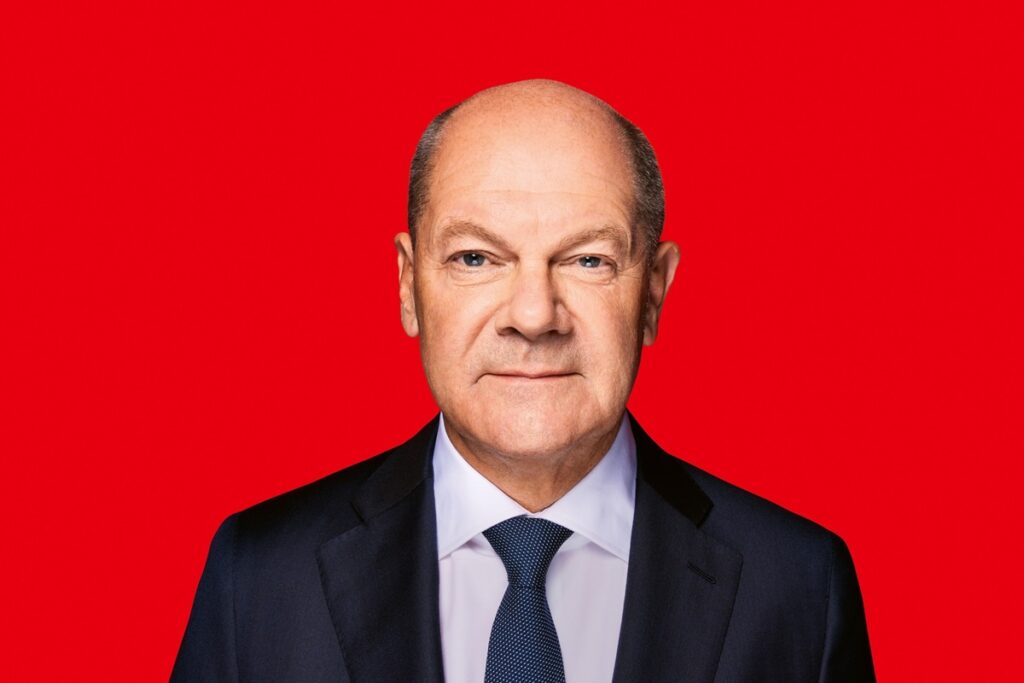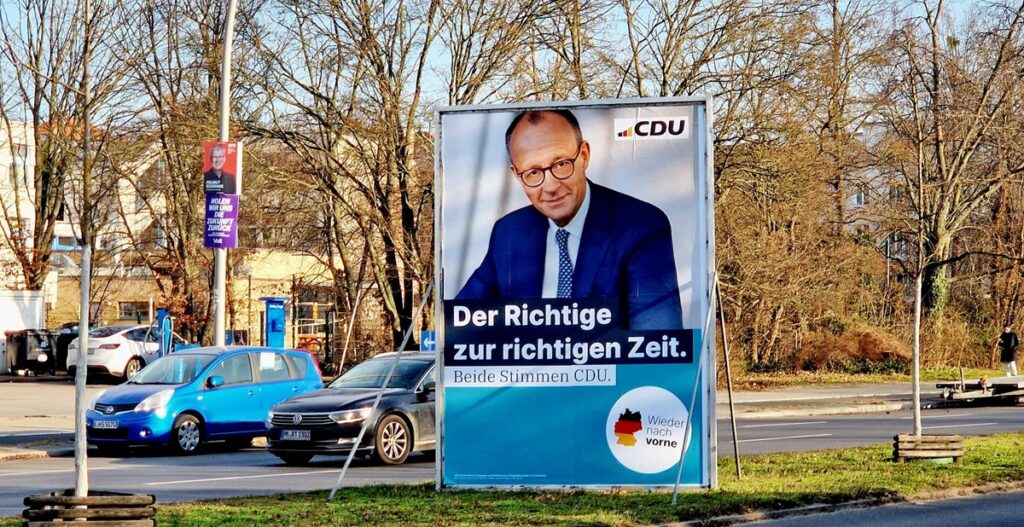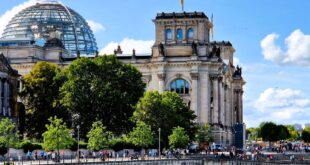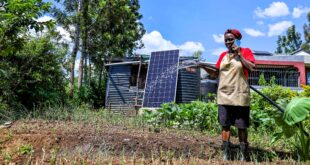Germany is set to hold early federal elections on Sunday 23 February, following the collapse of the coalition government formed by the Social Democrats (SPD), Greens and Free Democrats (FDP) in November 2024. A total of 29 parties have qualified to compete in the election, though only nine will be on the ballot nationwide. These include the CDU/CSU, SPD, Greens, FDP, AfD, Die Linke, Freie Wähler, Volt, MLPD, Bündnis Deutschland and BSW. Other parties will participate only in select federal states.
While dozens of parties are contesting, opinion polls suggest that only a few have a realistic chance of crossing the 5% threshold required to enter the Bundestag. Here’s an overview of the key parties, their candidates and their main policy positions.

Social Democratic Party (SPD)
Chancellor Olaf Scholz is seeking re-election under the slogan “More for you. Better for Germany.” The SPD’s campaign centres on social justice, economic stability and climate protection. The party advocates “a fair immigration policy”, aiming to expand language and integration courses while ensuring “streamlined asylum procedures” and an effective system for attracting skilled workers. The SPD also supports “tighter control of the EU’s external borders” and the deportation of criminals.
On economic issues, the SPD proposes tax relief for low- and middle-income earners, an increase in the minimum wage to €15, and a higher tax contribution from top earners. .
Christian Democratic Union/Christian Social Union (CDU/CSU)
Led by Friedrich Merz, the CDU/CSU aims to return to power with the slogan “Policy Change for Germany.” The party prioritizes “security, economic growth and climate policies” that reinforce stability. A central element of its platform is its ‘five-point plan on migration’, which includes stricter border controls, faster asylum decisions and limitations on family reunification for persons entitled to subsidiary protection. The CDU/CSU also proposes reducing benefits for asylum seekers and increasing deportations.
On taxation, the CDU/CSU plans to abolish the solidarity surcharge, lower VAT for the hospitality industry and raise the income threshold for the top tax rate.
The Greens
With Robert Habeck as their chancellor candidate, the Greens campaign under the theme “Growing Together”, focusing on climate-friendly economic policies, social justice, and European cooperation. The party proposes simplified recognition of foreign qualifications, fewer work restrictions for refugees, and a stronger commitment to diversity and inclusion.
To address pension concerns, the Greens advocate a public insurance scheme that supplements small pensions. Their economic policies also emphasize investment in green energy and sustainable industries.

Free Democratic Party (FDP)
Led by Christian Lindner, the FDP is running on the slogan “Everything can be changed”. The party promotes economic liberalization, digital innovation and individual freedoms. In terms of migration policy, the FDP supports “stricter controls on irregular migration” while making it easier for skilled workers to settle in Germany. It also seeks to reduce welfare benefits for rejected asylum seekers and link naturalization to economic self-sufficiency.
Alternative for Germany (AfD)
With Alice Weidel as its lead candidate, the AfD is focusing on “national sovereignty, stricter immigration policies and economic protectionism”. The party’s manifesto, titled “Time for Prosperity, Security, and Cohesion,” calls for full border control, mass deportations and withdrawal from the EU’s asylum system.
Economically, the AfD opposes inheritance tax, the solidarity surcharge and EU climate policies. It also proposes reintroducing a national currency and renewing trade ties with Russia, including restoring gas imports.
The Left (Die Linke)
Die Linke, led by Heidi Reichinnek and Jan van Aken, prioritizes “social justice, peace, and climate protection”. The party advocates free public transport, increased inheritance tax,and the introduction of a wealth tax. Additionally, it supports a nationwide rent cap and higher minimum pensions.
In migration policy, Die Linke promotes unrestricted asylum rights and humanitarian migration routes. It also calls for Germany to withdraw from NATO and cease all foreign military operations.
Sahra Wagenknecht Alliance (BSW)
Founded by former Die Linke politician Sahra Wagenknecht, the BSW positions itself as a “socially-conscious but economically pragmatic” alternative. Its platform includes public control over energy networks, lower energy prices and tighter migration policies. The party argues that refugees from safe third countries should not be granted asylum and calls for “more consistent deportations”.
The BSW describes ‘uncontrolled immigration’ as a security problem. The party argues that refugees from safe third countries should not be granted a right of residence and deportations should be carried out more consistently.
On foreign policy, the BSW opposes arms deliveries to Ukraine and Israel, advocating instead for diplomatic negotiations and peace-building efforts.
Looking Ahead
As the election approaches, these parties are actively campaigning to present their visions for Germany’s future, each offering distinct approaches to the nation’s pressing issues. Currently, no party is expected to win a majority in the upcoming 2025 elections, making coalition-building essential. The composition of the next government will depend on negotiations between parties that share common policy goals.
 THE AFRICAN COURIER. Reporting Africa and its Diaspora! The African Courier is an international magazine published in Germany to report on Africa and the Diaspora African experience. The first issue of the bimonthly magazine appeared on the newsstands on 15 February 1998. The African Courier is a communication forum for European-African political, economic and cultural exchanges, and a voice for Africa in Europe.
THE AFRICAN COURIER. Reporting Africa and its Diaspora! The African Courier is an international magazine published in Germany to report on Africa and the Diaspora African experience. The first issue of the bimonthly magazine appeared on the newsstands on 15 February 1998. The African Courier is a communication forum for European-African political, economic and cultural exchanges, and a voice for Africa in Europe.


































